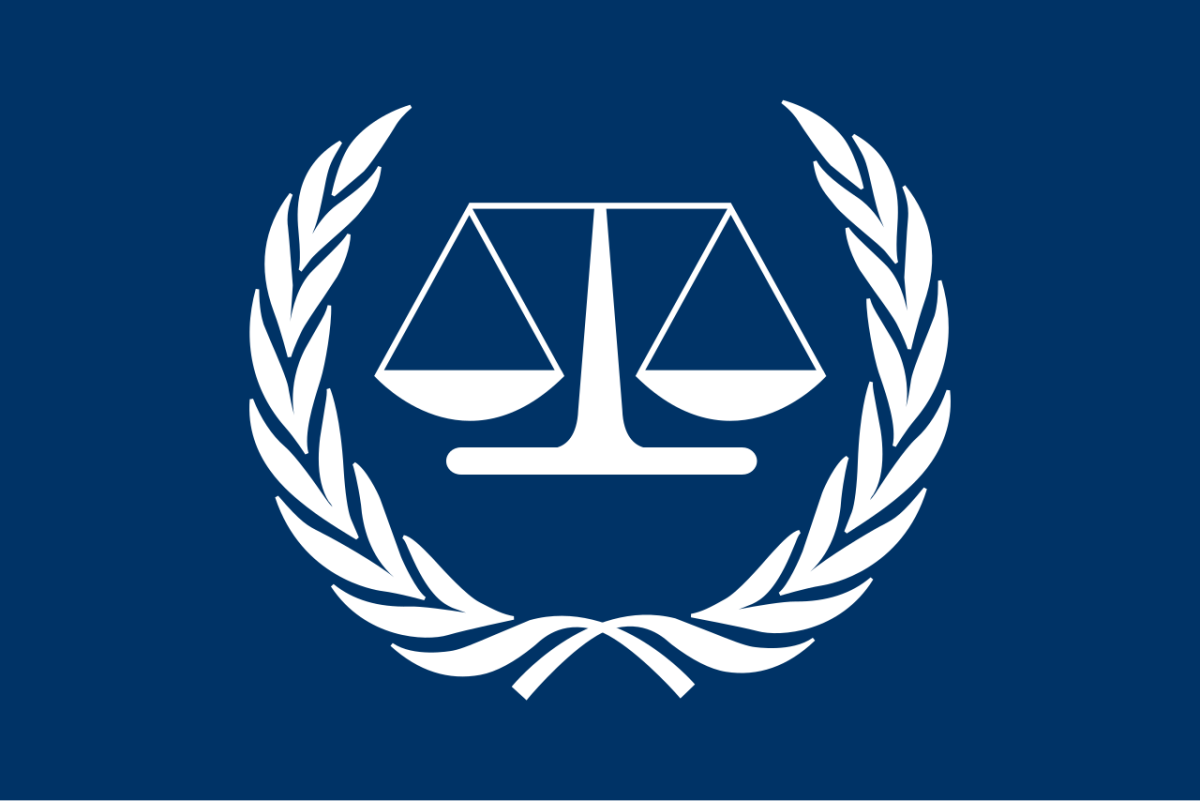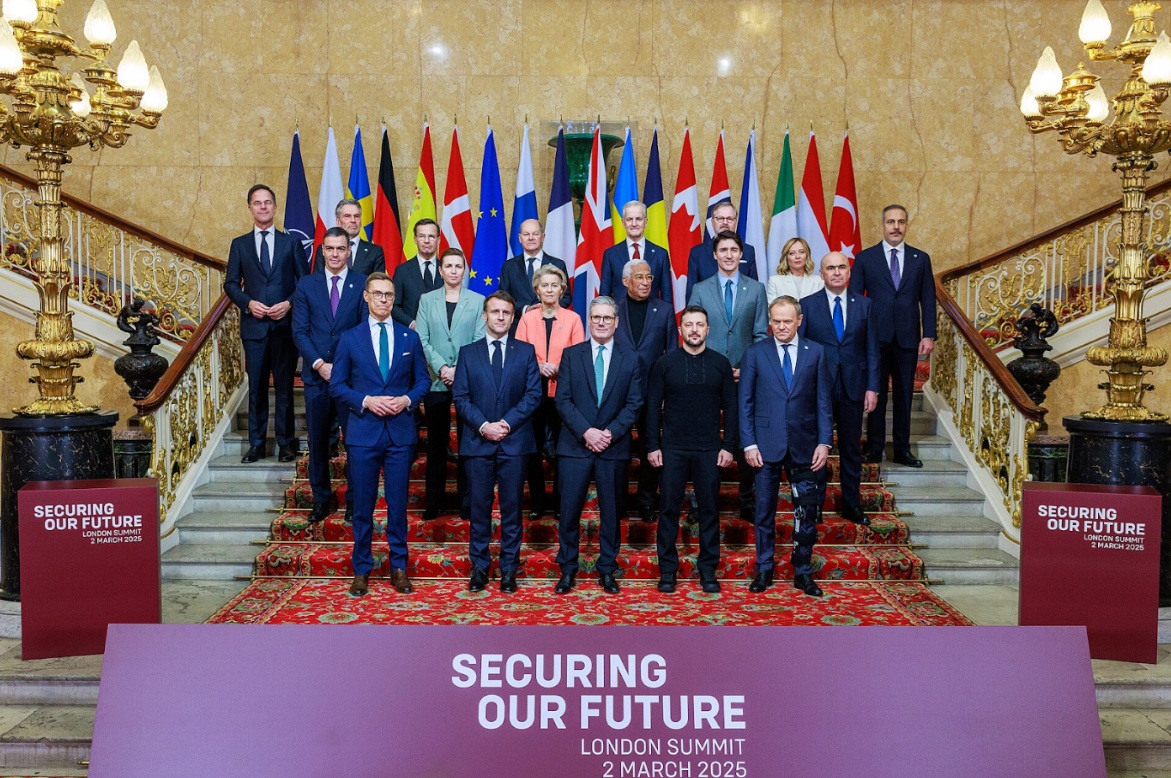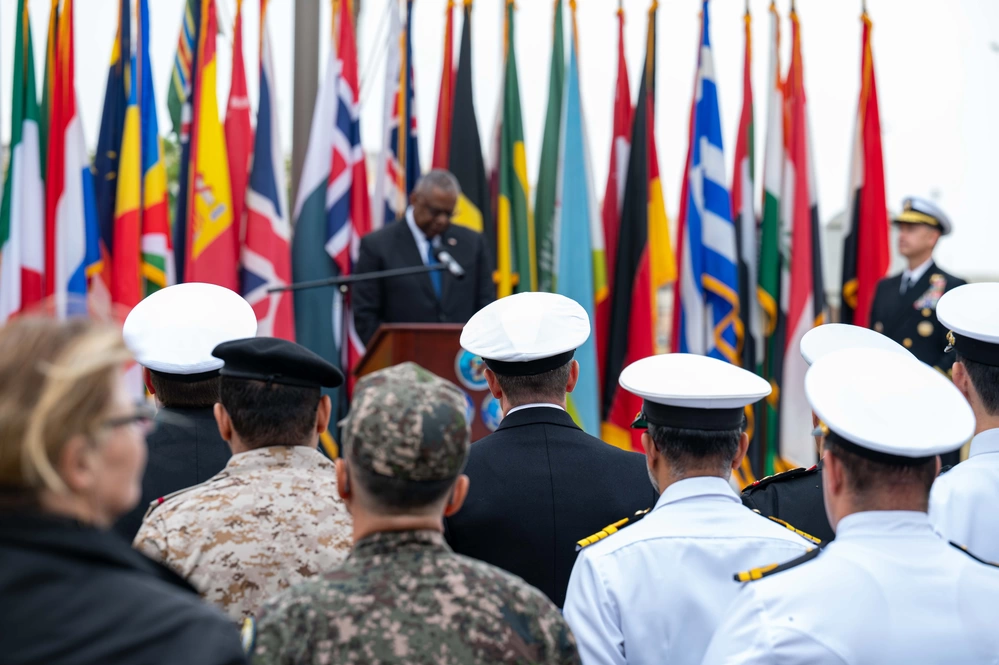The International Criminal Court (ICC) prepares an indictment against a leader for crimes against civilians in their prosecution of a war. The leader and their allies responded by threatening the ICC. You might expect this behavior from Russia. Indeed, a Kremlin spokesperson blustered about sending some missiles to The Hague over Putin’s indictment. However, this might not be expected by a dozen U.S. senators, who recently threatened to sanction the ICC based on its investigation of war crimes during the war in Gaza. Indeed, they referenced an act that preemptively authorizes the invasion of the Netherlands in order to free any American being held by the ICC. In fact, as a liberal democracy, you would expect America to be a party to the ICC, rather than sanction countries for being part of it. Yet this troubling behavior is not limited to our own democracy. Recent attempted (and successful!) assassinations of Canadian and U.S. citizens by Indian agents and the raid on the Mexican embassy in Quito by Ecuadorian military and law enforcement are part of a troubling trend of extraterritorial punishment by somewhat democratic countries ostensibly committed to international law.
There is clear evidence that members of India’s foreign intelligence service, the Research and Analysis Wing or RAW, attempted an assassination on United States soil. It was sanctioned by the head of the RAW. And this action is not alone. Canada is so sure that India carried out the assassination on its soil that they even indicted specific Indian nationals. Why, you may ask, is the Indian government trying to assassinate people on the other side of the world? The specific people that the RAW is targeting are members of the Khalistan movement, which calls for independence for some Sikh parts of India. While a full discussion of this movement is beyond this article, the short of it is that the Indian government, and especially its Prime Minister Narendra Modi, very much dislikes what it views as dangerous separatists. This perception has been fairly consistent across Indian governments. So why have there been a cluster of recent assassinations? Well, it likely has to do with Modi’s Hindu nationalism. He has increased oppression of religious minorities, especially those who freely express their disdain of the Indian prime minister, as part of his strategy to drive out his populist base. This has made a double target of the Khalistani dissidents: they are both Sikh and (obviously) critics of the Indian regime.
Why should Americans care? Because it affects competition with China, something both major parties in the U.S. have become more aggressive against ahead of the election, as voters seek a harder line against the Chinese Communist Party. The U.S. is attempting to utilize existing anti-Chinese sentiment in India and China’s other neighbors to build a coalition to stop escalation around the South China Sea or Taiwan. India is a critical partner in countering China. But Indian assassinations hurt U.S.-India relations and undermine the moral high ground the United States needs in order to sustain this coalition.
Heading down to South America for another example of extraterritorial aggression, the Mexican embassy in Quito, Ecuador, was raided on April 6 by the Ecuadorian government. Jorge Glas, an Ecuadorian politician and former vice president who sought political refuge in the embassy, was the target of the raid. The Mexican president had offered Glas asylum because he believed the former official was unfairly prosecuted. Glas has twice been convicted by Ecuadorian courts on corruption charges, which explains why he was hiding out in a protected embassy. This was a gross and blatant violation of international law. The founding document on the protections of embassies, the Vienna Convention on Diplomatic Relations, clearly states in Article 22 that “the premises of the mission shall be inviolable. The agents of the receiving State may not enter them, except with the consent of the head of the mission…the premises of the mission, their furnishings and other property thereon and the means of transport of the mission shall be immune from search, requisition, attachment or execution.” Residents of the embassies “enjoy immunity from the criminal jurisdiction of the receiving State.” This was how WikiLeaks founder Julian Assange avoided arrest for seven years, funnily enough in Ecuador’s embassy in Britain. Such open defiance of Ecuador’s legal requirements is concerning. Even during the height of the Cold War, the United States and Russia both did not violate each other’s embassies as openly as Ecuador has. Ecuador had multiple other actions for recourse. They could have waited for a new, sympathetic Mexican administration. They could have used other diplomatic means, such as sanctions or negotiating for Glas’s extradition as one part of a broader deal with Mexico.
Ecuador’s willingness to violate such basic tenets of international law is a symptom of the global breakdown in respect for the rules-based international order. While some of this cannot be solved by American policymakers, the United States must renew its commitment to global liberalism and international law. One of these prongs must be building up our own domestic credibility: the United State must end extralegal detention of suspected criminals in Guantànamo Bay, and become a party to the Rome Statute of the ICC (as I have suggested above). But this itself is not enough. We should also strongly punish violations of these basics of international conduct. While the U.S. has condemned the raid, it will not send a strong enough signal to deter similar attempts in the future. Some potential options could be a sanction on the billions of dollars of U.S.-Ecuadorian trade. A more targeted model could follow U.S. sanctions on Russian petroleum, limiting the export of Ecuador’s main product through secondary sanctions.
One may be apathetic to the problems described in this article. Why should an American care about an illiberal action by Ecuador? But there are three key reasons why we should care about the rule of law, both in theory and in practice.
Firstly, committing to the international rule of law wins us diplomatic favor. When we hold to double standards between our allies and enemies, such as endorsing ICC warrants against Putin but not Nehenyatu, it hurts our ability to appeal to abstract liberal values to persuade non-aligned countries to act in our interest. If we were to work together with these countries, we could make significant diplomatic advancements in other areas, such as countering direct threats to American leadership. There are little costs to closing Guantànamo or becoming a party to the Rome Statute, but the relationships those actions help us build are both important and unique in that only recommitting to international law is able to rebuild them.
Second, we should commit to domestic rule of law. Ending the ability of the President to invade the Netherlands is a check on the executive, if not the most important one. But this is a good thing. Democracy is resilient, but that does not mean that it is perfect. Authoritarians can come into power. Those authoritarians are not committed to the liberal international order or even abstract values like kindness and justice. They only look out for themselves. This means that authoritarianism undermines the global democratic coalition. Donald Trump, for example, would likely abandon our democratic ally Ukraine to the tender mercies of Vladamir Putin, a vicious autocrat and member of the “new Axis of Evil.” While the name may sound like it is from a fantasy novel or sci-fi movie, this grouping of Iran, Russia, North Korean and to a lesser extent China, directly hurt U.S. interests. They attack our allies, seeking to control vast areas of their “historical land.” And they will not stop there. Any democracy, any flame of hope, is an ideal for millions across the world. Putin and Xi do not want that hope. They will not stop at Taiwan and Ukraine. They will not stop at the Philippines or Poland. We cannot cooperate with Russia and Iran because they will always seek to snuff out the hope of freedom that democracy offers. Even if deterrence holds, which is unlikely if we abandon our allies, it cannot stop interference like Iranian assassination attempts and repression, and Russian hacking and misinformation. This interference can destabilize our society and eventually lead to domestic authoritarianism, with the purges and corruption that usually entails. We cannot appease authoritarians. Because authoritarians are self-interested and need to rely on short-term appeasements in order to maintain stability, they will abandon our global allies. Democracies need to band together to present a common front against challengers.
Third, we should reject extraterritorial aggression because of our moral principles. None of us want to live in a world in which they could be harmed by a foreign country because of their political affiliation. None of us want our children to grow up in a world of the same. America is not perfect, but the reason why people can be proud of it is because it stands for greater principles than ourselves. The freedom to have a happy life and free expression. And extraterritorial interference undermines those freedoms. If not for these basic principles, what do we fight for?
If you believe in diplomacy, you should condemn extraterritorial aggression. If you don’t want a Russian flag over Kyiv or Warsaw and want truthful information in Paris and D.C., you should condemn extraterritorial aggression. And if you have even a basic moral decency, you should condemn extraterritorial aggression.









